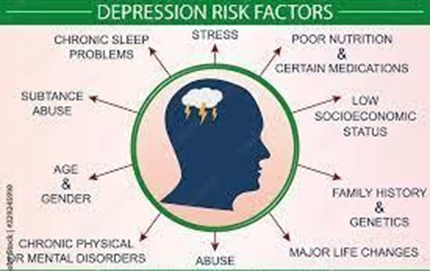A severely depressed patient who has been on suicide precautions tells the nurse, "I am feeling a lot better, so you can stop watching me. I have taken too much of your time already." Which is the nurse's best response?
"I am glad you are feeling better. The team will consider your request."
"Because we are concerned about your safety, we will continue with our plan."
"I wonder what this sudden change is all about. Please tell me more."
"You should not try to direct your care. Leave that to the treatment team."
The Correct Answer is B
A. While acknowledging the patient's feelings is important, ensuring safety is the priority, and the response should emphasize the ongoing concern for safety.
B. Prioritizing patient safety and care is crucial, especially in situations involving suicidal risks.
C. Encouraging the patient to elaborate further is essential; however, the priority is to maintain the safety precautions.
D. Directing the patient to not participate in their care isn't supportive or therapeutic, especially when safety is a concern.
Nursing Test Bank
Naxlex Comprehensive Predictor Exams
Related Questions
Correct Answer is D
Explanation
A. Being an immigrant from a war-torn country is a risk factor but not an immediate priority based on the information provided.
B. While being diagnosed with HIV poses mental health risks, there's no immediate suicidal attempt or ideation described in the scenario.
C. Repeated assaults are traumatic, but there's no indication of immediate suicidal risk.
D. The teenager recovering from a self-inflicted gunshot wound indicates an immediate and recent attempt at suicide, making them the highest priority for monitoring and intervention.
Correct Answer is B
Explanation
A. Elevated levels of serotonin are associated with a potential treatment for depression but aren't considered a primary risk factor for developing depression.
B. Past history of childhood trauma, such as abuse or neglect, is a well-established risk factor for the development of depression later in life.
C. Being an only child is not recognized as a primary risk factor for depression.
D. Recent history of stressful positive life events might not be a primary risk factor for depression; in some cases, it could be a protective factor.

Whether you are a student looking to ace your exams or a practicing nurse seeking to enhance your expertise , our nursing education contents will empower you with the confidence and competence to make a difference in the lives of patients and become a respected leader in the healthcare field.
Visit Naxlex, invest in your future and unlock endless possibilities with our unparalleled nursing education contents today
Report Wrong Answer on the Current Question
Do you disagree with the answer? If yes, what is your expected answer? Explain.
Kindly be descriptive with the issue you are facing.
